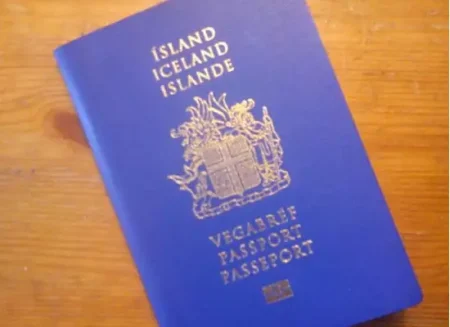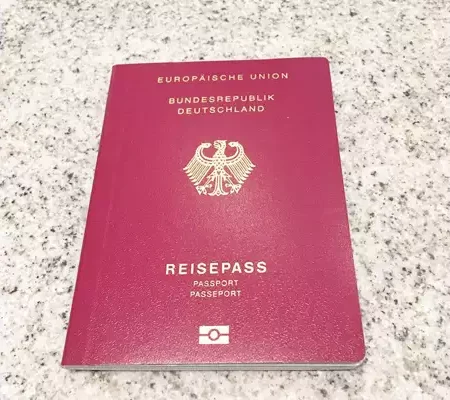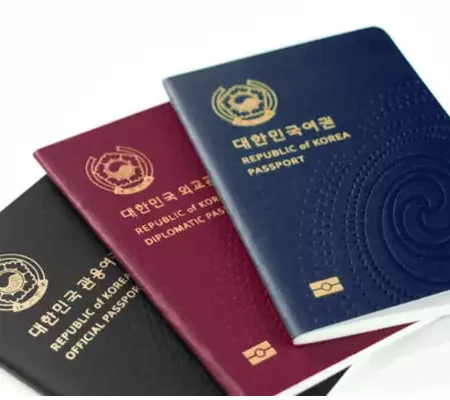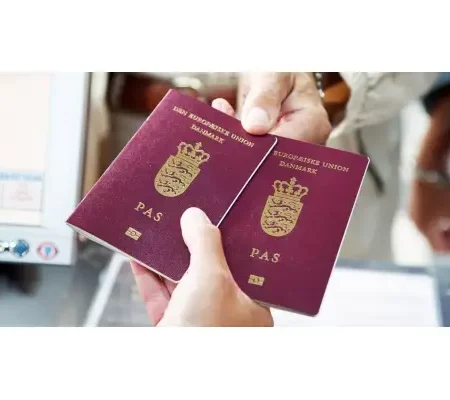Description
ICELAND PASSPORT 4SALE
Obtain an ICELAND PASSPORT 4SALE with our Dual Citizenship Program. It is unfortunate that a Citizenship Program in Iceland does not currently exist. This missed opportunity not only affects our clients positively, but also greatly benefits the country’s economy. Throughout history, Iceland has been ruled by Norway and Denmark, and saw significant economic growth in the 20th century due to its thriving fishing industry. Since becoming part of the European Economic Area in 1994, the country has diversified its economy, but faced challenges after the global financial crisis of 2008. However, with an upward trend driven by tourism and construction, Iceland’s economy is recovering strongly. Moreover, it boasts top-notch literacy rates, life expectancy, and social harmony compared to other countries. WHY CHOOSE DUAL CITIZENSHIP IN ICELAND? The answer to why you should obtain dual citizenship is simple – with two nationalities, you become a citizen of both nations simultaneously.
“Experience the Benefits of Dual Citizenship with Iceland While an official Citizenship Program for Iceland is not currently available, we believe it would greatly benefit our customers and contribute to the country’s economy. Throughout its history, Iceland has been under rule by Norway and Denmark. In recent times, its economy flourished due to growth in the fishing industry. After joining the European Economic Area in 1994, the country underwent further economic diversification. However, like many nations, Iceland faced challenges during the global financial crisis of 2008. Fortunately, it has since recovered and is now experiencing a positive trend with a flourishing tourism and construction sector. Additionally, this Nordic nation boasts high literacy rates, long life expectancies, and strong social cohesion. Why Consider Dual Citizenship with Iceland? The answer is simple: having dual citizenship means you hold citizenship in two countries at once. Explore your options and buy an ICELAND PASSPORT 4SALE today.”
The topic of citizenship can be controversial, and many mistakenly believe that obtaining a second passport is against the law. However, this is simply a myth perpetuated by ignorance and nationalistic beliefs. In reality, dual citizenship is quite common and legally accepted in most countries around the world. If you are considering getting a second passport, your first question may be: How do I go about doing so? The quickest and most straightforward approach to obtaining a second passport – regardless of your parents’ nationality or your place of birth or residence – is through an officially recognized citizenship by investment program. It is possible that Iceland may offer such a program in the future. Another option for obtaining Icelandic citizenship is through Citizenship by Residency. This option allows long-term residents to apply for naturalization after meeting certain requirements, which are typically outlined in each country’s laws. Due to the complexity surrounding dual citizenship and various rules and regulations related to citizenship, it may be beneficial to seek professional guidance when pursuing a second passport.
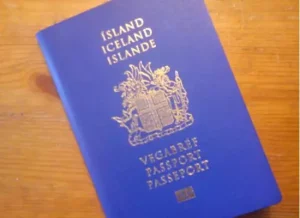
ICELAND PASSPORT 4SALE
The concept of dual citizenship is often met with controversy and misunderstanding. Some individuals may believe that acquiring a ICELAND PASSPORT 4SALE is against the law, but this is simply not true. Misconceptions and nationalist teachings have led to an unfounded belief that obtaining a second passport is questionable or illegal worldwide. In reality, many people hold dual citizenship and it is a perfectly legitimate practice. So, naturally, one might ask: how can I obtain a second passport? The most efficient and direct method to acquire a second passport (regardless of one’s parental background or place of birth) is through an officially recognized citizenship by investment program. It is possible that there may be an Iceland Citizenship Program established in the future. Another option for acquiring Icelandic citizenship is through Citizenship by Residency, which exists in most developed countries as a way for long-term residents to become naturalized citizens after a specified period of time

